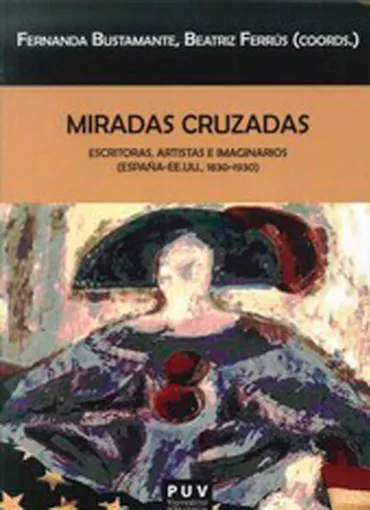Summary:
Since the mid-nineteenth century, changes in the geopolitical order of the world, added to the changes in transportation, generated a large population movement. The first writers or artists toured the world recording the struggle of women, in travel diaries or newspaper reports in different geographies. Between 1830 and the first years of the 20th century, we find numerous stories that pay special attention to the ways of representation and representation of "woman" as a category explained by women. Texts that explore forms of associationism and transnational support among intellectuals. From different literary and creative proposals, this book seeks to map those networks and analyze the way in which the imaginary of "the North American", "the European", "the Hispanic" and "the feminine" are transformed in their exchanges.
Fernanda Bustamante
Profesora de Literatura latinoamericana en la Universitat Autónoma de Barcelona. Soy doctora en Teoría de la Literatura y Literatura Comparada (UAB, España); Máster en Estudios Latinoamericanos (UB, España). Mis líneas de investigación, con un enfoque interdisciplinar y latinoamericanista, contemplan los estudios de género, pos/decoloniales, estudios en torno a las violencias y la memoria, particularmente centrados en el estudio de las estéticas y poéticas de las narradoras latinoamericanas.
Beatriz Ferrús
Beatriz Ferrús es catedrática de literatura hispanoamericana de la Universitat Autònoma de Barcelona. Es especialista en literatura de mujeres y en literatura hispanoamericana.


